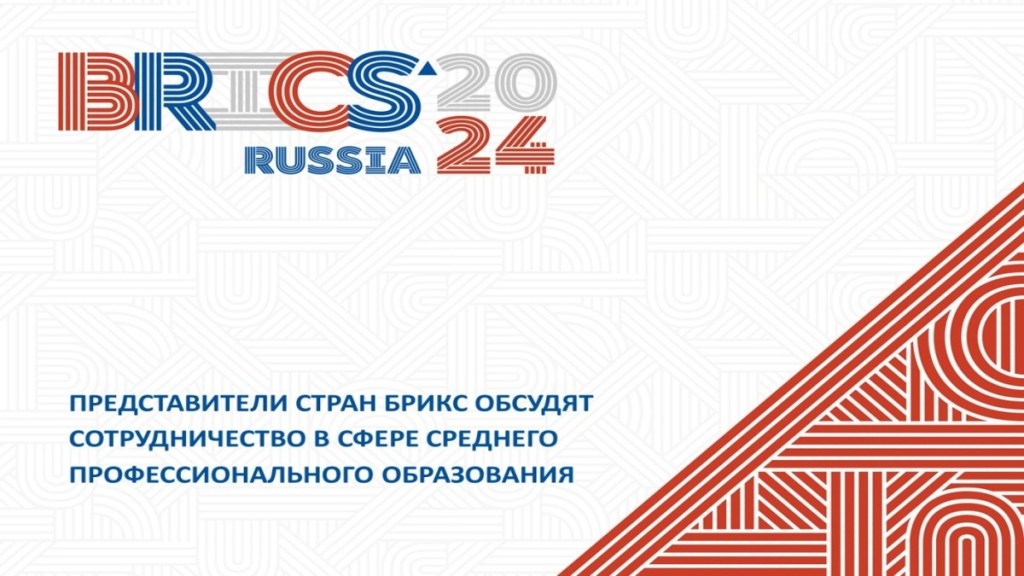Prime Minister Narendra Modi’s visit to Kazan, Russia, on October 22-23 is set to be an important event in international diplomacy. Modi will not only participate in the 16th BRICS Summit but also engage in important bilateral discussions with key leaders, including Chinese President Xi Jinping and Brazilian President Luiz Inacio Lula da Silva. The outcomes of these meetings could significantly shape India’s geopolitical direction.
BRICS Summit: A Platform for Global Reforms
The BRICS Summit, themed “Strengthening Multilateralism for Just Global Development and Security,” aims to address key global issues, including security, economic cooperation, and multilateralism. Leaders from Brazil, Russia, India, China, and South Africa will review the progress of ongoing BRICS initiatives and identify areas for further cooperation.
The city of Kazan has been transformed into a focal point for the summit, adorned with BRICS insignia, as Russia hosts the event under its 2024 Chairmanship. The summit’s discussions will cover a wide range of global and regional issues, focusing on the strategic partnerships of member countries in political, economic, and humanitarian areas. Security cooperation will also feature prominently, with reviews of interactions between high-level representatives and agencies in this field.
Bilateral Talks: India-China and Brazil on the Agenda
Among the most anticipated aspects of PM Modi’s visit are his bilateral meetings. One of the most critical will be with Chinese President Xi Jinping, where both leaders will work to address the longstanding border tensions in eastern Ladakh. This face-to-face meeting comes as both nations seek a peaceful resolution to the military standoff that has defined their relations in recent years.
In addition, Modi’s meeting with Brazilian President Lula da Silva is expected to focus on economic collaboration, especially as Brazil prepares to host the G20 Summit next month. Strengthening ties between India and Brazil, two major emerging economies, could unlock new avenues for trade and cooperation in technology, agriculture, and infrastructure development.
A Broader BRICS Agenda
A key item on the agenda at the summit will be reforming the international financial system to give BRICS countries a stronger voice in global governance. According to Maria Zakharova, the Russian Foreign Ministry’s representative, the leaders will also focus on promoting interbank cooperation and advancing mutual settlements in national currencies. This comes amid growing calls for reducing reliance on the U.S. dollar in global trade.
Another critical issue will be the creation of a new category of BRICS partner countries, with many nations expressing interest in joining the bloc. India has been actively contributing to discussions on the seamless integration of these prospective members into BRICS, seeing this expansion as an opportunity to strengthen the group’s global influence.
BRICS, which operates on a consensus-based approach, has evolved into a major force in global governance. The group’s achievements include the BRICS New Development Bank, which provides financial support to emerging markets and developing countries (EMDCs), and the BRICS Contingent Reserve Arrangement, which offers a safety net for members facing financial instability. Additionally, the BRICS Vaccine R&D Centre and Remote Sensing Satellite Constellation demonstrate the group’s expanding influence in health and technology.
A Vision for the Future
President Putin, in a recent address to the BRICS Business Forum in Moscow, highlighted the group’s growing global influence, noting that “BRICS accounts for approximately a quarter of global goods exports.” He further underscored BRICS’ dominance in key markets such as energy, metals, and food, which are essential for sustainable development. “BRICS already plays a significant role in the global economy, and its influence will undoubtedly increase in the future,” Putin remarked, reflecting on the group’s potential to reshape global trade and economic structures.
India, which has supported the expansion of BRICS, views the inclusion of new members as an opportunity to amplify the voice of the Global South. The BRICS Business Council and the BRICS Women Business Alliance are just some examples of how the bloc is fostering collaboration across industries and societies.
Looking Ahead
The outcomes of the 16th BRICS Summit and PM Modi’s bilateral meetings are expected to have far-reaching implications, not only for India’s foreign relations but also for the broader global community.
With a busy agenda ahead, the Kazan summit offers a critical platform for leaders to navigate pressing global challenges and strengthen their collective efforts in shaping a more just and secure world order.

